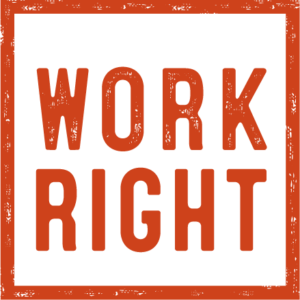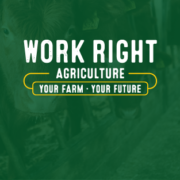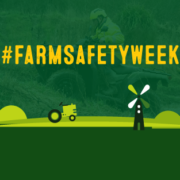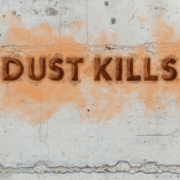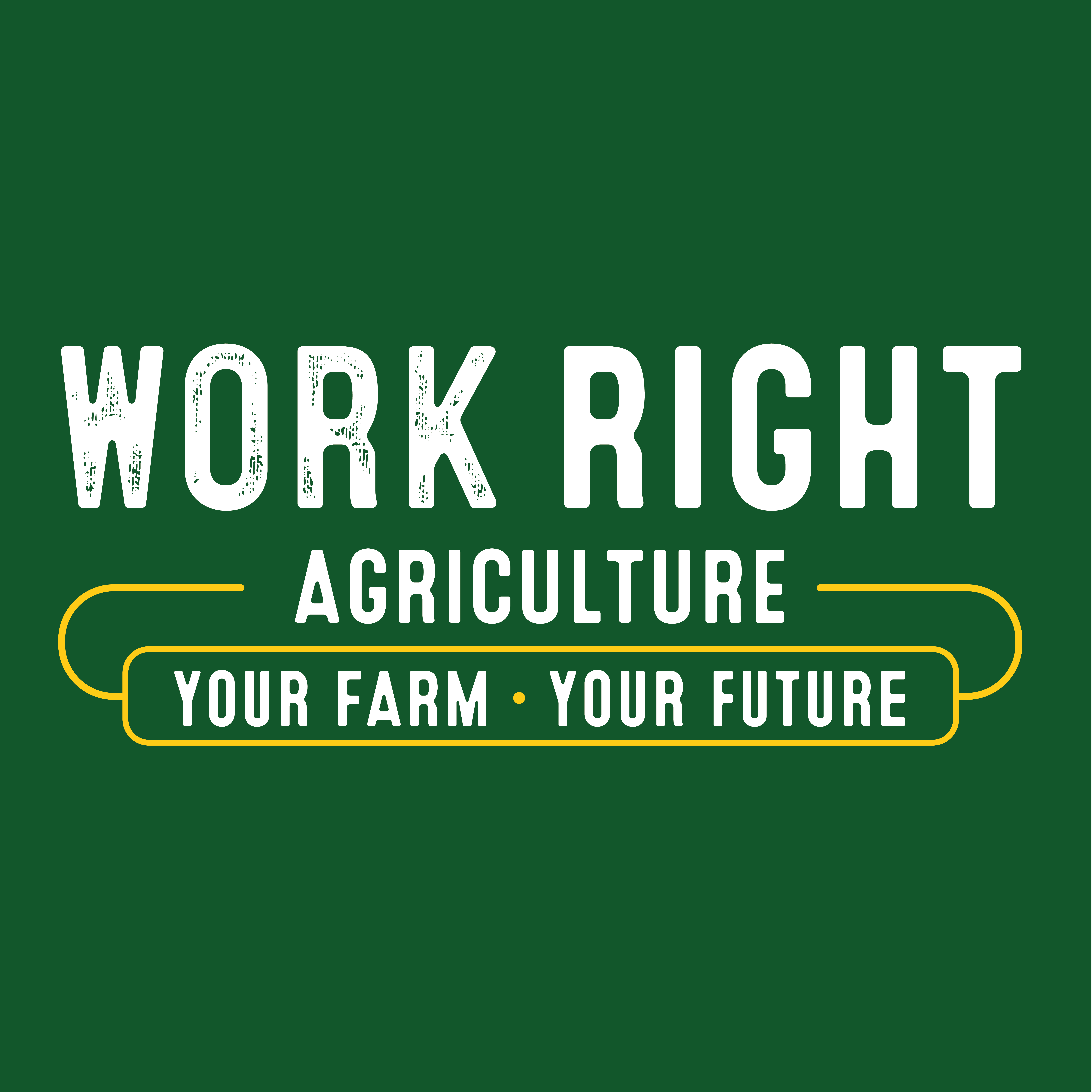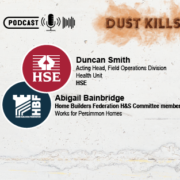Figures show agriculture remains the worst performing industrial sector
The Health and Safety Executive (HSE) has today published a report detailing that agriculture has the worst rate of fatal injuries of all the major industrial sectors, around 20 times higher than the average five-year annual rate across all industries.
Provisional figures from 1 April 2020 until 31 March 2021 show 41 people were killed in agriculture related activities, almost double the number of deaths in the previous year, which was 23.
The report, Fatal injuries in agriculture, forestry and fishing in Great Britain 2020/21, has been published to coincide with the start of Farm Safety Week (19 – 23 July).
While the number of people killed fluctuates each year, the five most common causes of fatal injuries over the last five years remain – being struck by moving vehicles, killed by an animal, struck by an object, falling from height and contact with moving machinery.
Transport-related incidents, such as overturning vehicles or being struck by moving vehicles were responsible for more deaths than any other cause.
Older workers are most at risk, with more than half of workers killed aged 60 years or older. When comparing older and younger age groups, the fatal injury rate is more than four times higher for the 65s and over, compared to the 16-24 age group. The youngest person killed was a two-year-old child who died after being overcome by slurry fumes.
Acting head of agriculture at HSE Adrian Hodkinson said: “Agriculture is a vital part of our economy and everyone involved is rightly proud of the quality and standard of the food produced.
“It is not acceptable that agriculture continues to fail to manage risk in the workplace. We need everyone to play their part to improve their behaviour, do things the right way and ‘call out’ poor practices whenever they are seen.
“Agriculture will continue to be a priority sector for HSE, which will be achieved through the delivery of HSE’s sector plan for tackling the high rates of injury and ill health.”
He added: “It is disappointing to be highlighting another high annual fatality rate in the industry when the causes are well known and the precautions to avoid injury are straightforward.
“There are simple safety measures people should follow to reduce injury like remembering to put on handbrakes, fasten lap belts in cabs, make sure anyone operating a quad bike wears a helmet and receives sufficient training, don’t put cows and calves in fields with public footpaths; and make sure to switch off the power to vehicles or machinery before attempting to carry out repairs.”
The full report and more information on working safely in agriculture is available on the HSE website. HSE’s plan for tackling the high rates of injury and ill health is available here: Sector plan for health and safety in the agriculture.
Farm safety week, which shines a light on safety in the sector, is led by the Farm Safety Foundation.
